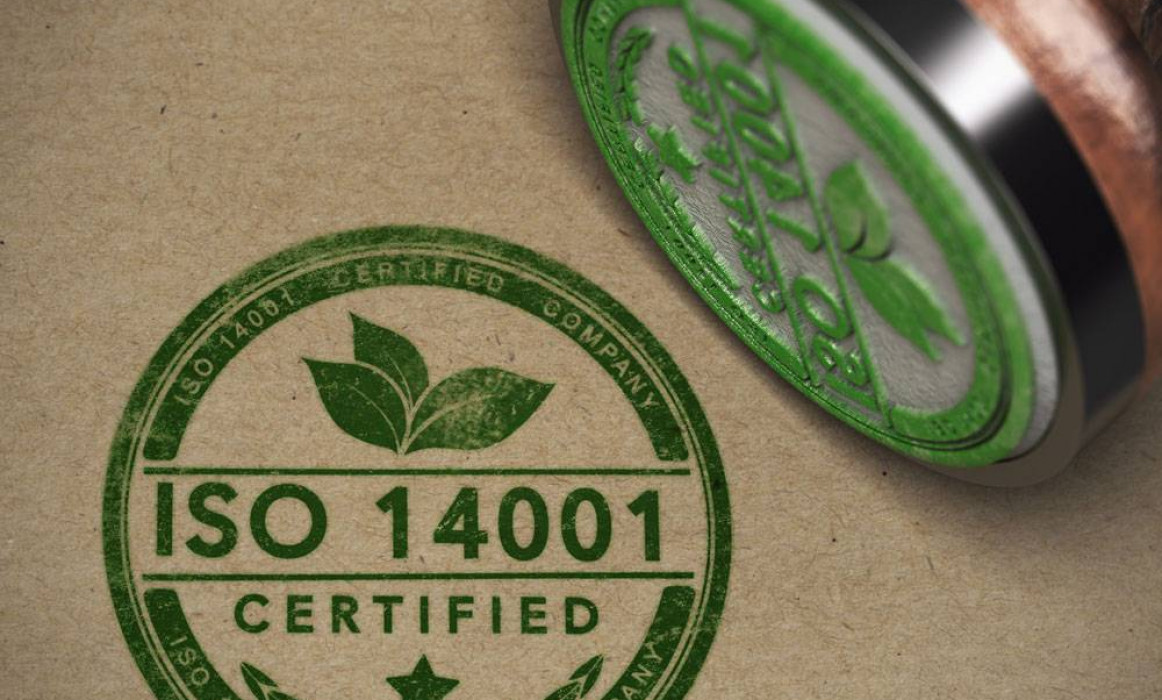The ISO 14001 certificate is an international standard used for the design and implementation of an environmental management system. Today, the necessity of protecting the environment is increasing day by day. For this reason, it is essential to minimize the damage caused by enterprises to the environment. Therefore, with this document, it is aimed to protect the environment while carrying out business activities.
What is ISO 14001 Certificate?
Most of the products used in production are supplied from the environment. In other words, air, soil, water, plants and many other areas are used. Unconscious use of these uses causes environmental pollution as well as depletion of resources. For this reason, considering these problems, ISO has created the ISO 14000 series in order to protect the environment. In this series, there are regulations for regulating and reducing the use of natural resources and at the same time reducing the damage to areas with basic needs. For this reason, the Environmental Management System is concerned with how it is produced, not what is produced.
It is ISO 14001 Environmental Management System certificate. All the above-mentioned purposes apply to this document. It is aimed to minimize the environmental damage caused by businesses. The said document is created on the basis of 5 basic principles.
Principles of ISO 14001 Certificate
The 5 basic principles are as follows:
- Planning: This principle covers the determination of the environmental aspects of business activities, products and services. Goals must be set to achieve commitments. At the same time, the activities that need to be carried out to achieve the determined goals should be programmed.
- Obligation and Policy: The business should set its environmental policy and commit to adherence to ISO 14001 standards.
- Control and Corrective Action: The institution should measure and evaluate the success level of its environmental practices.
- Implementation and Action: An effective implementation mechanism should be developed in order to realize the environmental policy.
- Review and Development: It should review the environmental management system it has established in order to improve its overall environmental activities and the degree of success in the activities.
Companies that can obtain ISO 14001 Certificate
Every company that has waste output during production activities and that also affects the environment can get this certificate. The sectors that can obtain the Environmental Management System certificate are as follows:
- Companies producing spare parts
- Textile and food companies
- Hospitals and health institutions
- Companies serving in the construction and concrete sector
- Companies producing medical equipment / devices
Stages of Obtaining Environmental Management System Certificate
The stages of obtaining the ISO 14001 certificate are as follows:
- First of all, assesment is carried out in the relevant enterprise.
- The legal regulations of the company requesting the certificate are determined.
- Relevant personnel receive the necessary training.
- Necessary documents are collected.
- The processes that need to be carried out are included in the company system.
- After the necessary preparations are completed, it is applied for certification.
Benefits of Environmental Management System Certificate
ISO 14001 certification provides businesses with the following benefits:
- It makes it easy to get permission and authorization documents.
- Compared to companies that do not have any environmental policy, it reduces the damage to the environment to a minimum.
- The company certifies that it is an environmentally friendly organization in the international arena.
- The document in question ensures the effective use of natural resources. In this way, costs are reduced and efficiency is increased.
- It is very important in terms of sustainability.
- It increases the environmental awareness of the employees.
- Ensures compliance with national and international laws.
- It helps to obtain a strong image in highly competitive industries.
- It ensures the gradual reduction of environmental pollution caused by the relevant company.
- It ensures the elimination of environmental effects that may occur in emergencies.
- It facilitates entry into markets where green production processes are important.
 en
en  tr
tr 





























